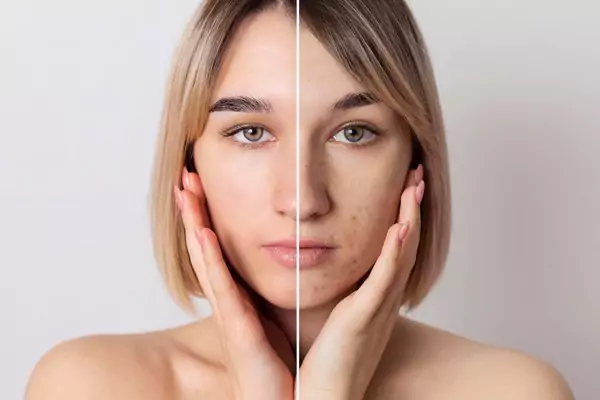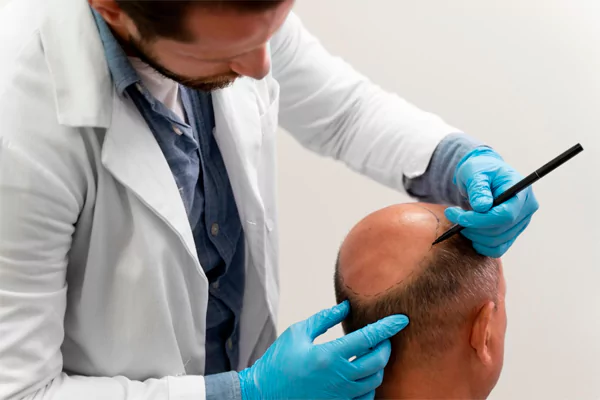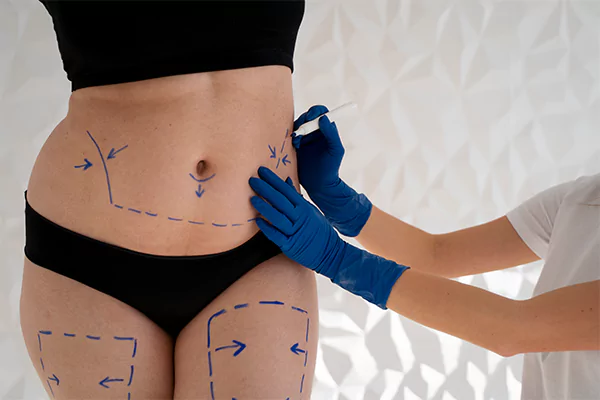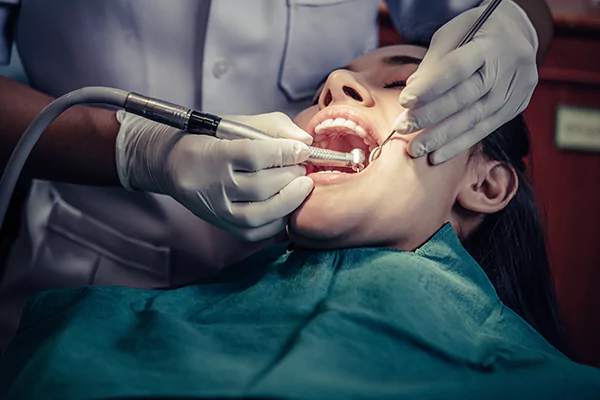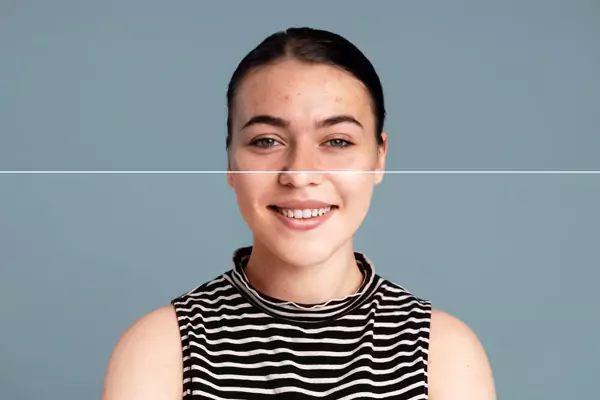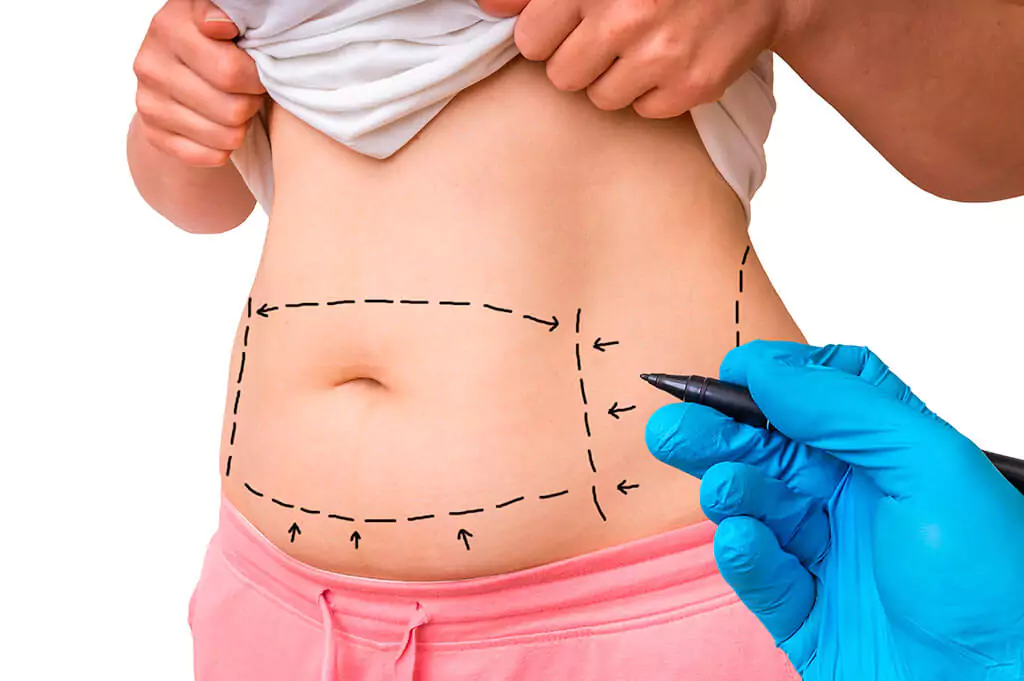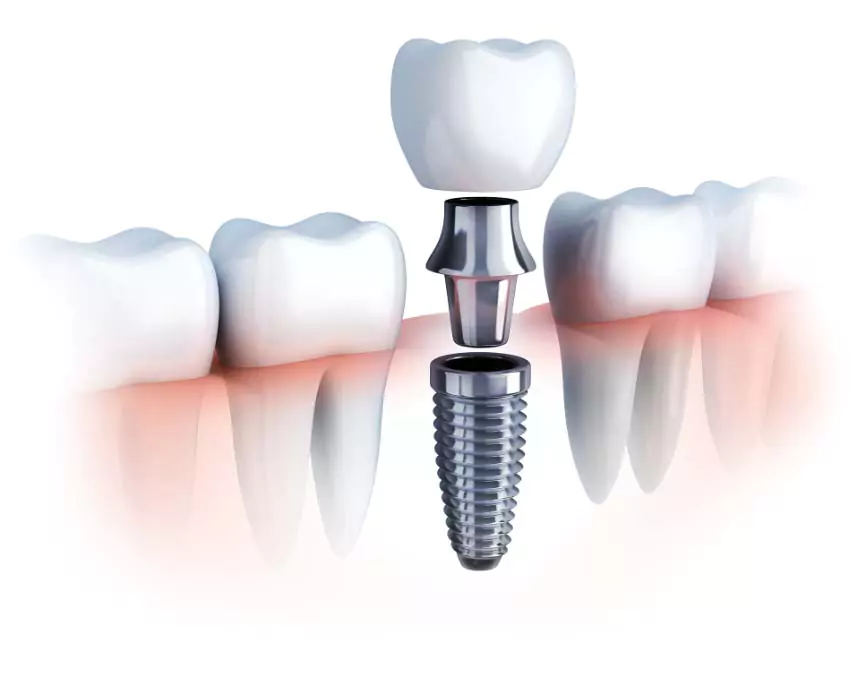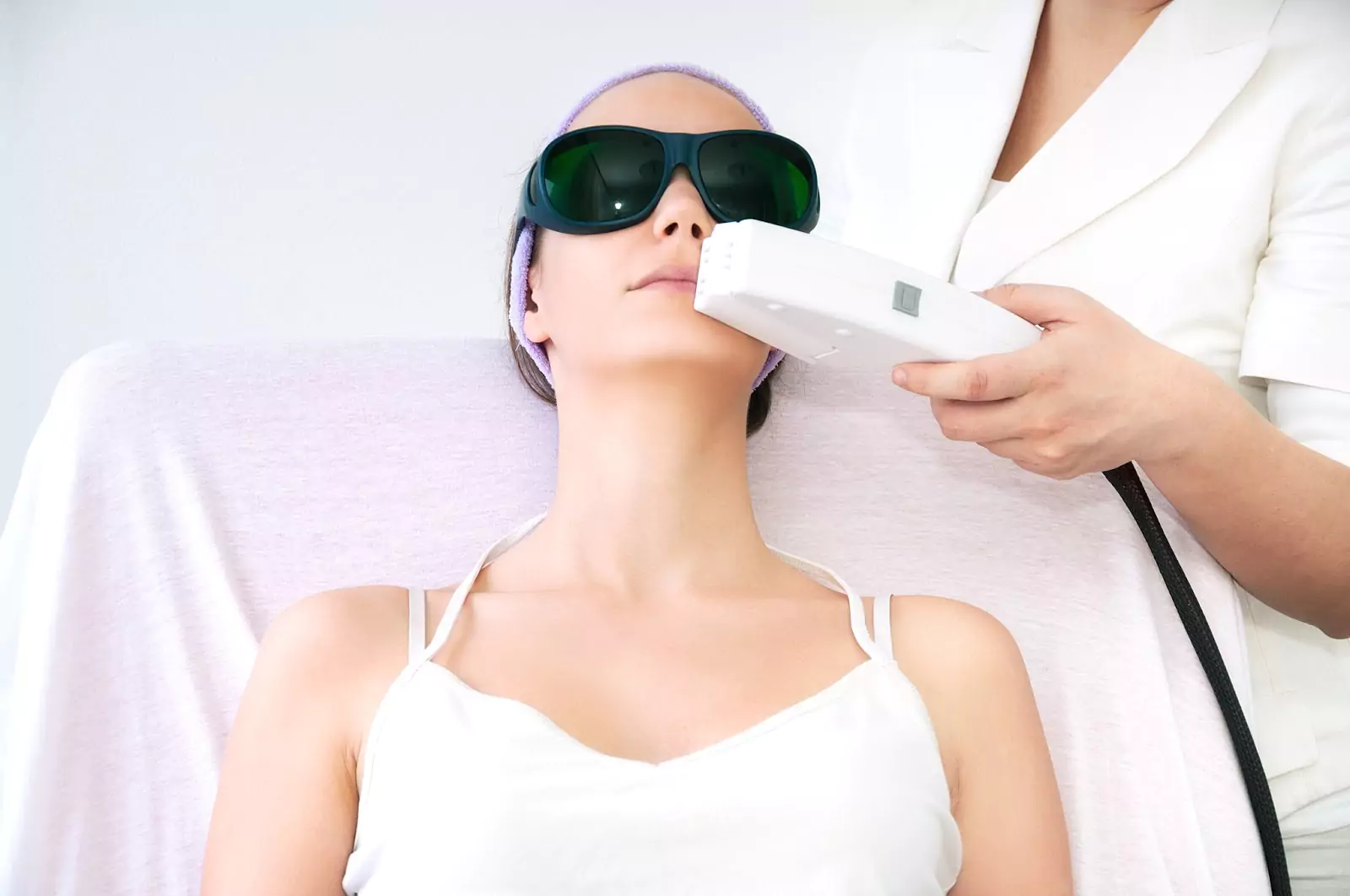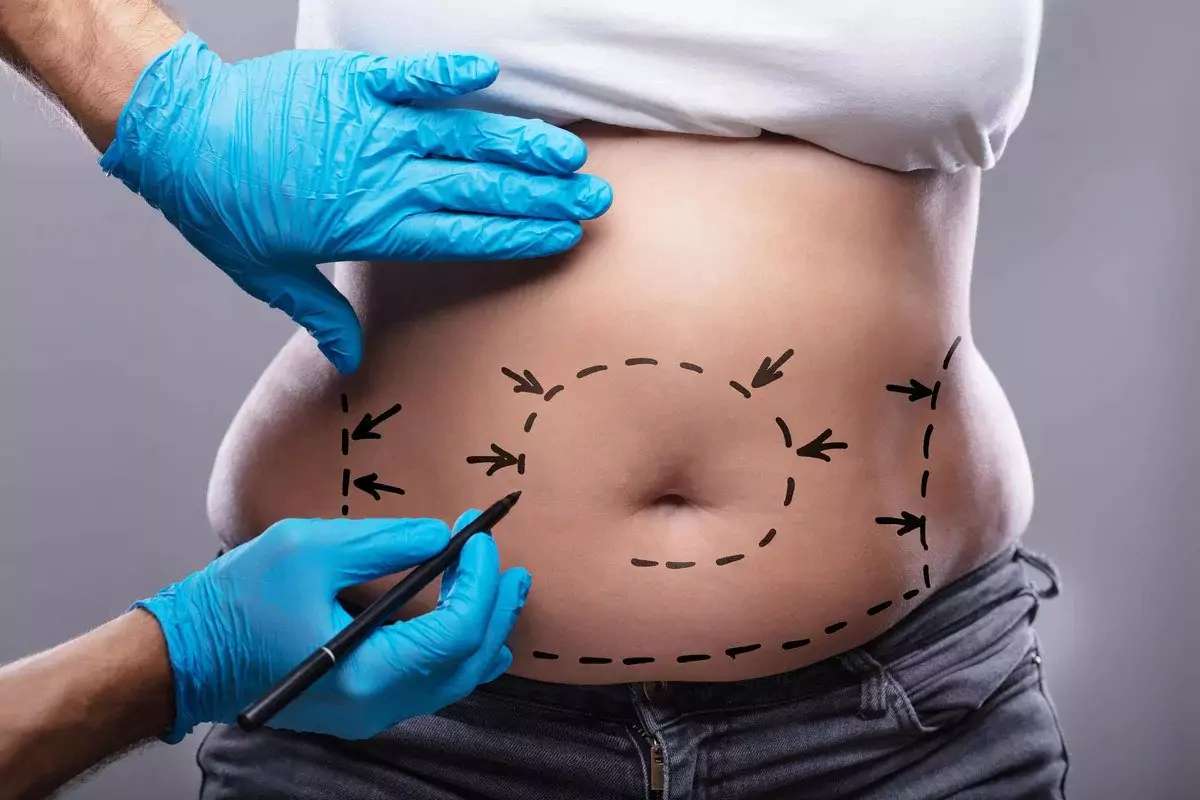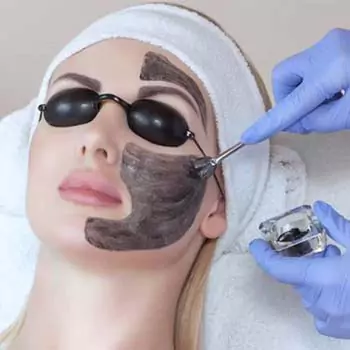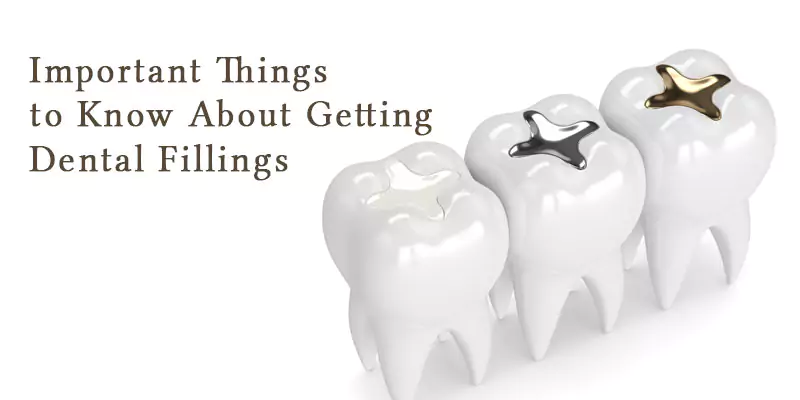Rhytidectomy is a procedure that tightens loose, drooping skin around the jawline, popularly known as "jowls." Deep wrinkles around the mouth and nose, as well as extra, hanging skin and fat beneath the chin and in the neck, can all be removed with this procedure.
Advantages of Facelift
A facelift, also known as a rhytidectomy, is a cosmetic surgical operation that tries to give the face a more youthful appearance. It removes extra facial skin and reshapes the bottom part of the face.
The technique can tighten underlying tissues, and it can be used in conjunction with surgery to improve the appearance of the forehead, cheeks, brows, and eyelids.
To tighten the skin and deeper tissue of the neck, a tiny incision, or cut, may be made beneath the chin. A neck lift is a term for this procedure.
The pre-care and what happens during the procedure of a facelift
The doctor may ask you to get a few investigations done before the surgery. A few days before the surgery, the doctor may ask you to avoid smoking and certain medications, among other do’s and don’ts.
Anesthesia may include general or intravenous sedation (which allows the person to remain awake but sleepy and comfortable). The process might take anywhere from 2 to 5 hours, and the patient can usually return home the same day. The surgeon makes an incision in front of the ear, extending up into the hair or hairline as well as behind the ear into the hair-bearing scalp, depending on the kind of facelift you have opted for.
Then, carefully, by pulling the skin upward, the surgeon removes the extra skin after lifting it off the deeper facial muscles and fat.
Sutures are used to close the incisions. To eliminate any extra blood and fluids, the surgeon may insert a drain beneath the skin behind the ear for a few days, a maximum of two days. Bandages are put on the wound. In most cases, a facelift is performed as an operation. A neck lift is also often performed as a part of a facelift to decrease fat deposits and drooping skin on the neck.
Who can get a face lift?
In general, you’re a good candidate for facelift surgery if you are physically healthy and don’t have any medical conditions that affect your body’s ability to heal.
You don’t smoke. You’re mentally healthy and have realistic expectations for facelift results.
The best candidates for facelift surgery are those patients who have signs of facial aging, but who still have some skin elasticity, like patients who are in their 40s to 60s, although people who are younger or older than that range can sometimes be candidates for surgery.
Risk factors of a facelift
Face-lift surgery has the potential to produce problems. Some of these issues can be treated with the right care, medication, or surgery, if required. Long-term or permanent problems, even uncommon, might result in substantial physical alterations. Some of the risks of a facelift and a neck lift are hematoma, scarring, nerve damage, hair loss, and skin deterioration.
Recovery
You may have a bandage around your face to help minimize swelling and bruising. You may also have small drainage tubes.
Before you leave, your surgeon will give you specific instructions for your facelift surgery recovery, including how to care for your incision site(s) and drains, and schedule a follow-up appointment.
It's natural for the skin on the cheeks and ears to feel numb. Although there may be a long-term loss of sensitivity of the skin in front of your ears, this normally improves after a few weeks or months. To decrease swelling, it's best to keep your head elevated. For the first few weeks’ post-surgery, sleep with extra pillows to keep your head lifted. After two weeks, you will be able to get out of bed and perform mild activities. For at least two weeks, avoid excessive activities, saunas, and massages. Your face will appear swollen at first, and you may feel odd and stiff. Scars can be extremely well hidden. If there are any signs of concern, please get in touch with your doctor immediately.



